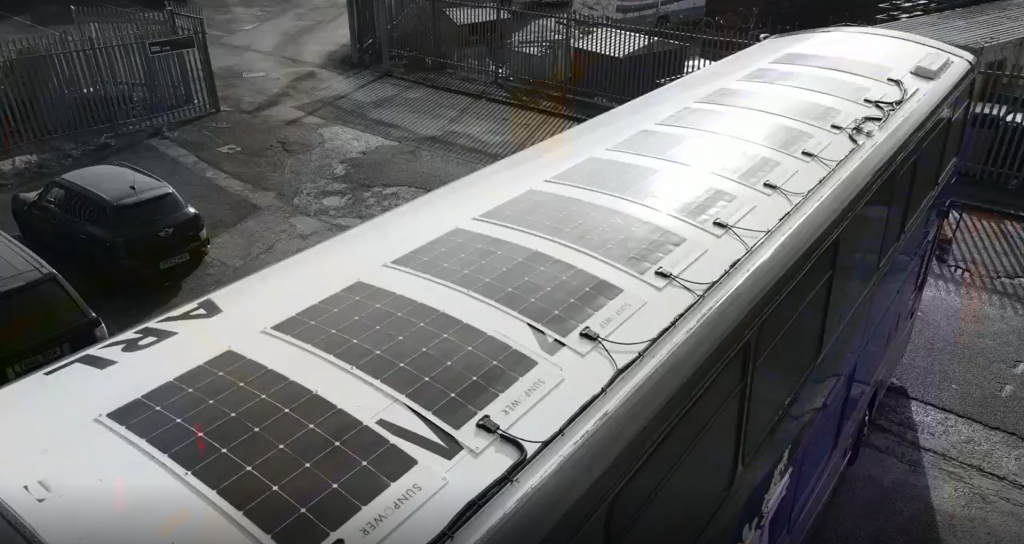
More organisations and businesses are searching for eco-friendly transport solutions—and converting a bus is one of the most sustainable options available. At BDC Vehicle Conversions, we specialise in transforming existing buses into mobile clinics, outreach vehicles, and specialist workspaces. But beyond practicality, a bus conversion is also a powerful way to reduce your carbon footprint.
1. Extending the Life of Existing Vehicles
Manufacturing a brand-new vehicle requires enormous amounts of energy, raw materials, and emissions. By choosing a bus conversion, you’re reusing a vehicle that already exists. This prevents unnecessary production and gives a bus a second life, making it a far more environmentally friendly transport solution.
2. Reducing Waste and Landfill
When buses reach the end of their original service, many are scrapped. With weights of up to 10 tonnes, that’s a lot of metal, plastic, and materials destined for recycling plants or landfills. A converted bus keeps these valuable resources in use, helping reduce waste and promoting sustainable transport practices.
3. Energy-Efficient Upgrades
-
Solar panels to harness renewable energy.
-
LED lighting that uses less power.
-
Efficient insulation to lower heating and cooling demands.
-
Battery or hybrid power systems for reduced emissions.
These upgrades make every journey more efficient while lowering the long-term running costs of your converted vehicle.
4. Supporting the Circular Economy
Converting a bus is a prime example of the circular economy: reusing and upgrading instead of replacing. This approach helps conserve natural resources while still delivering vehicles that meet today’s professional standards.

